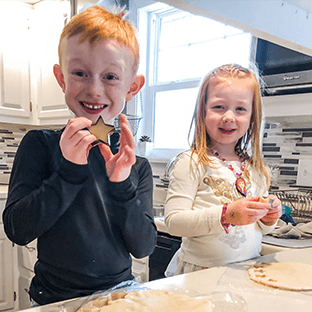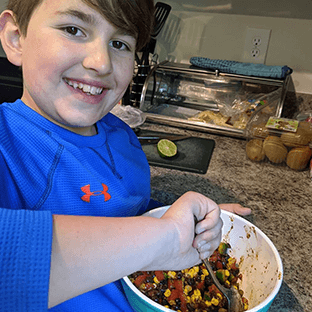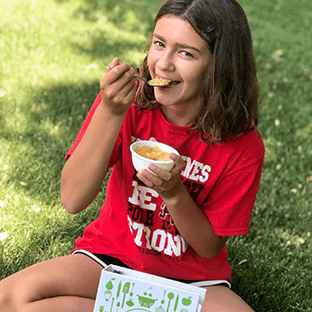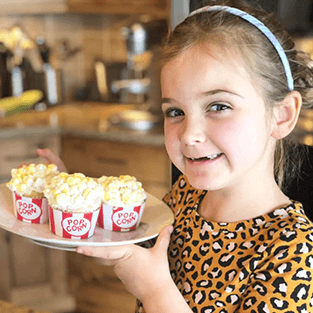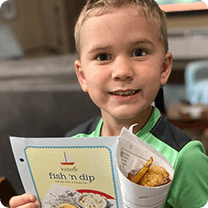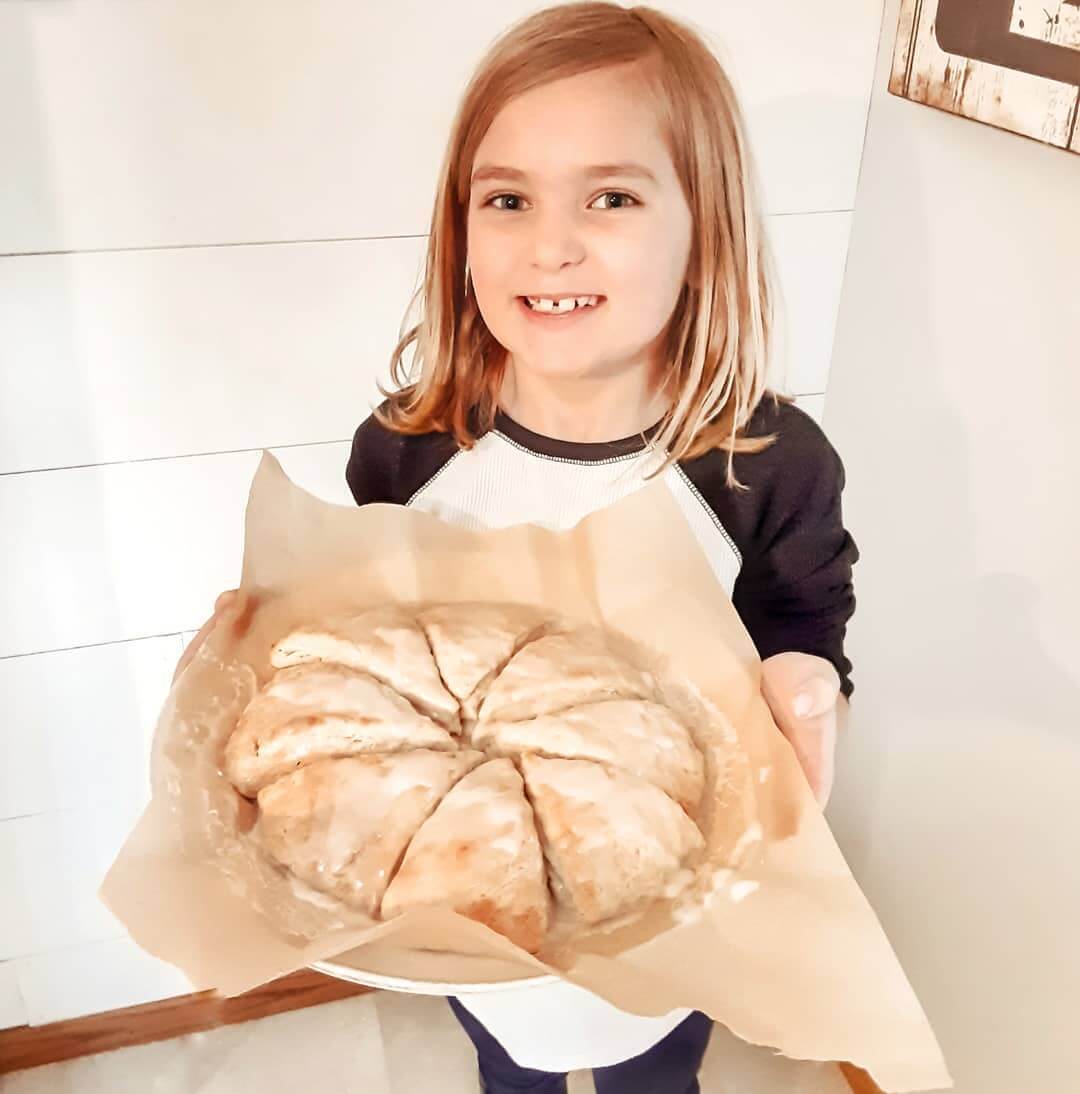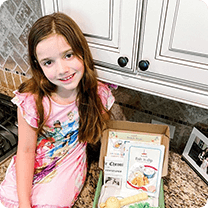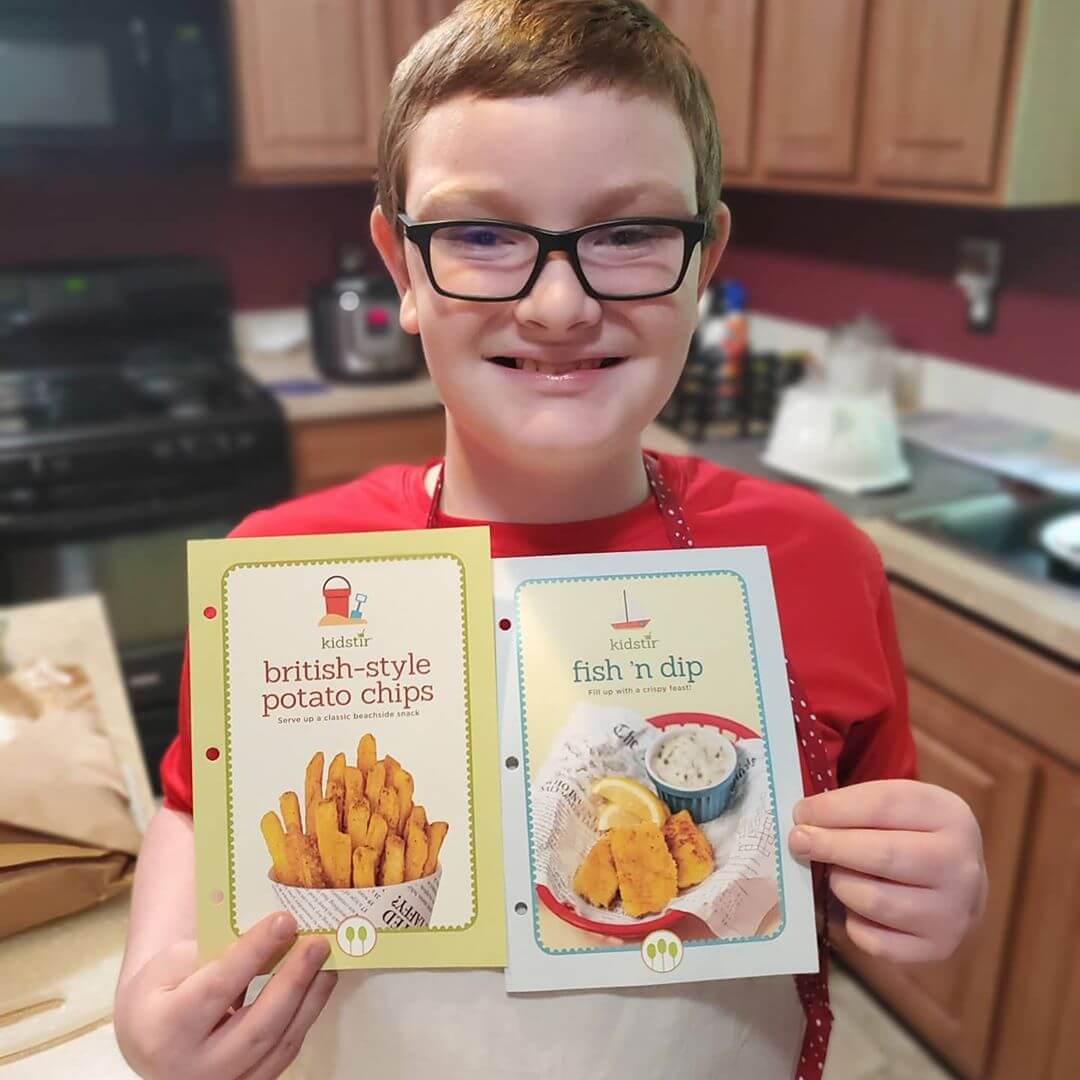
Cooking is a skill that sticks with you for life. Once you develop the passion (and know-how) to cook different recipes, you can create a healthier, more delicious way of eating. You can also impress your friends and family with your skills each and every day!
Let’s face it: Nobody is born knowing how to cook. It requires a great deal of practice and, ideally, guidance from experienced cooks and chefs. This is why it is so important to start teaching kids about cooking at an early age. This way, they can have years to hone their skills and become excellent cooks — either for their own pleasure or as their profession!
The Benefit Of Teaching Kids How To Cook
The truth is that there are many, many benefits to teaching children to cook. Like many activities that need hands-on knowledge and practice, being a good cook takes time. Children’s brains are always absorbing information, making it far easier for children to learn new skills. This is why many experts recommend teaching children a second language early on. Kids simply have a greater capacity to learn new things than adults do, and cooking is no different.
In any case, here are a few of the most important benefits of educating kids in the kitchen:
- Appreciation – Many parents complain or feel frustrated that their children do not appreciate all that they do for them. Cooking meals for the entire family every morning, afternoon, and night is no easy task. It takes a lot of time and effort. Thus, teaching children how to cook from a young age can give them a greater appreciation for what their parents do to keep them fed and happy every day.
- Family Time – Your children will grow up in the blink of an eye, so it is vitally important to appreciate the family time you have together while your children are still young. Making cooking lessons and meals a family activity is a productive way to gather family members and actually create something together. If your children really enjoy it, you could even make it a weekly or nightly ritual!
- Food Consciousness – Nowadays, many children (and adults) feel distanced from the food they eat. Perhaps you get takeout and your children simply eat it, without really knowing the work that went into growing the vegetables, cooking the food, or even preparing the visual appearance of the meal. Cooking is a great way to enhance a child’s food consciousness and help them feel closer and more in tune with everything that they eat.
- Food Exploration – Another issue that plagues millions of parents around the world is having a child who is a picky eater. Maybe your child only wants to eat hamburgers or chicken nuggets; they might throw a fit if you give them anything else. Including your child in the cooking process will increase the chances that they feel more curious about different kinds of foods and become more willing to try new things. This, in turn, can help you ensure that your kids are getting a healthy, nutritious diet.
- Lessons Within Lessons – Cooking is a lot more than just boiling water or putting biscuits in the oven. It requires the ability to measure quantities of ingredients and keep track of time. Therefore, every time there are kids cooking with you, there are also children practicing math, multi-tasking, and other practical skills. Exploring unique recipes also gives you the chance to teach children about different cuisines and cultures!
- Marketable Skills – As previously mentioned, cooking can help you teach your kids about a wide range of topics, from measuring ingredients to kitchen safety. However, having the ability to cook is also a very marketable skill. Not only will children who know how to cook be more impressive to friends and family, but they will also expand their skillsets for the future.
At What Age Should A Child Start Cooking?
The answer to this question will vary from one parent to another. That said, there are certain safety protocols to consider when deciding when to introduce your child to cooking. Additionally, it is important to note that you don’t need to suddenly throw 5-year-olds or even 7-year-olds into a complex cooking situation involving hot ovens, stoves, or dangerous materials like knives. Instead, treat cooking lessons for children as a slow and steady process.
For example, 4 years old is generally the youngest age for children to be involved in the kitchen. Their tasks should be simple and free of any potential harm. You could have them stirring cake mix with a spoon or washing off vegetables. As children age, they can begin to participate in more complex tasks. A 7 or 8-year-old might be ready to get involved with cooking that involves heat (oven, stovetop, etc), but with total adult supervision.
Once a child has had a few months or even years of experience in the kitchen, you can start to trust them by letting them take control of the process. For example, a 10-year-old might be able to cut vegetables, boil water for a soup base, add ingredients, and cook it to their satisfaction. However, the exact age and involvement is up to you.
Nobody knows your child better than you, and you will likely know when your child is ready to enter the kitchen and get involved with the cooking process. Just remember: starting with simple tasks earlier can make your child feel more comfortable and confident when they are ready to cook with minimal supervision.
The Challenge Of Traditional Kids Cooking Lessons
You may have looked into traditional kids cooking classes with a designated teacher. While these take the teaching burden off of you, these classes also have some significant drawbacks. Cooking classes usually involve multiple children, which means that your child will get less one-on-one attention. Additionally, paying for a cooking teacher will be a much larger expense than practicing cooking at home.
The success of third-party cooking classes also varies from one child to the next. Some children may not feel comfortable cooking with a stranger. Instead, they may feel overwhelmed. This could actually make them hate cooking and less likely to try it again.
Finally, you will probably have little or no control over what your child cooks in class. The instructor might only focus on sweets and pastries to make the end results more “fun” for the kids, but this does not encourage healthy eating. Instead, your child will only want to cook things with lots of sugar and cream. For this reason, we recommend teaching your kids how to cook at home using your own ingredients and/or kids cooking kits.
Kids Cooking Kits
If you want to combine the convenience of kids cooking lessons with the comfort and low cost of teaching your kids to cook at home, then cooking kits for kids are the perfection solution. With Kidstir, you can get meal kits for kids that include easy-to-understand instructions, and lessons on a wide range of topics. Kid-friendly meal kits also allow you to make cooking with your kids a habitual activity, as you can get cooking subscription boxes every single month!
Do you want to learn more about teaching your children how to cook using kids cooking kits? If so, be sure to check out our cooking kits for kids!

